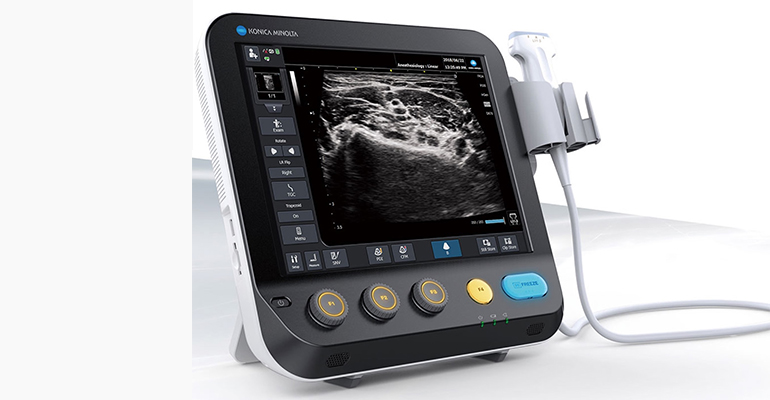


Cardiology is the branch of medicine dedicated to diagnosing and treating heart-related conditions, playing a crucial role in healthcare. Cardiologists specialize in understanding the heart's function and structure, addressing a wide range of issues from common arrhythmias to complex congenital defects.
Records the heart's electrical activity, diagnosing rhythm abnormalities like atrial fibrillation. The test involves attaching electrodes to the skin, which detect electrical signals produced by the heart. It helps identify issues such as arrhythmias, heart attacks, and other cardiac conditions.
Uses ultrasound to create detailed images of the heart, diagnosing structural abnormalities. The 2D Echo test helps identify conditions such as valve disorders and congenital defects. It provides a real-time view of heart function and blood flow, aiding in comprehensive cardiac assessment.
Assesses heart response to physical activity, diagnosing coronary artery disease. The TMT test involves walking or running on a treadmill while monitoring heart function and blood pressure. It helps identify blockages and evaluate exercise tolerance.
Highly skilled cardiology team dedicated to personalized care.
State-of-the-art equipment ensures accurate diagnosis.
Comfortable environment prioritizing patient safety and well-being.
Cardiology is the branch of medicine that deals with the diagnosis and treatment of heart-related conditions. Cardiologists specialize in understanding the structure and function of the heart and blood vessels.
Cardiology is essential for maintaining heart health and preventing cardiovascular diseases, which are leading causes of mortality worldwide. Early detection and treatment of heart conditions can significantly improve outcomes and quality of life.
Common heart conditions include coronary artery disease, heart failure, arrhythmias (irregular heart rhythms), heart valve disorders, congenital heart defects, and hypertension (high blood pressure).
Cardiac tests are diagnostic procedures used to assess heart health, detect abnormalities, and guide treatment decisions. These tests help cardiologists evaluate heart function, diagnose specific conditions, and monitor disease progression.
The frequency of cardiac testing depends on various factors, including age, medical history, family history of heart disease, and risk factors such as smoking, obesity, and high cholesterol. Your cardiologist can recommend a personalized screening schedule based on your individual risk profile.
Most cardiac tests are non-invasive and painless. For example, Electrocardiogram (ECG) involves attaching electrodes to the skin, and 2D Echocardiography uses ultrasound waves. Treadmill Stress Test (TMT) may cause exertion during exercise but is generally well-tolerated.
The duration of cardiac tests varies depending on the specific procedure. ECG typically takes a few minutes, while 2D Echocardiography may take 30 to 60 minutes. Treadmill Stress Test (TMT) usually lasts around 10 to 15 minutes, plus additional time for preparation and monitoring.
Most cardiac tests are safe and carry minimal risks. However, rare complications may include allergic reactions to imaging contrast agents (in certain cases), temporary discomfort during exercise for stress tests, or rare instances of arrhythmias induced during testing.
Preparation instructions may vary depending on the specific test. Generally, you may be advised to avoid eating or drinking (except water) before certain tests, wear comfortable clothing, and inform your healthcare provider about any medications you are taking.